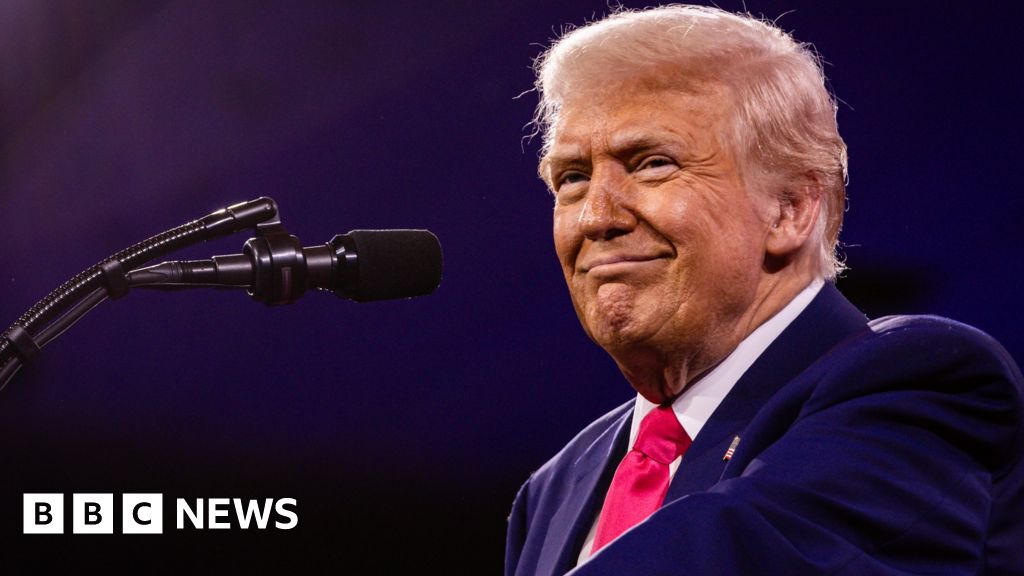Putin Peace Talks: Labour Minister Backs Trump's Diplomatic Gambit

In a recent statement, Shadow Education Secretary Bridget Phillipson highlighted the diplomatic significance of the United States' efforts to re-engage with Russia. She praised the diplomatic outreach, suggesting that the thawing of tensions has successfully brought Russian representatives to the negotiating table.
Phillipson's comments underscore the importance of diplomatic dialogue, even in challenging geopolitical landscapes. By maintaining open channels of communication, nations can potentially find common ground and work towards resolving complex international disputes.
The diplomatic approach signals a nuanced strategy of engagement, moving beyond confrontational rhetoric and seeking constructive dialogue with Russian leadership. This perspective reflects a pragmatic approach to international relations, emphasizing communication as a critical tool for understanding and potential resolution.

